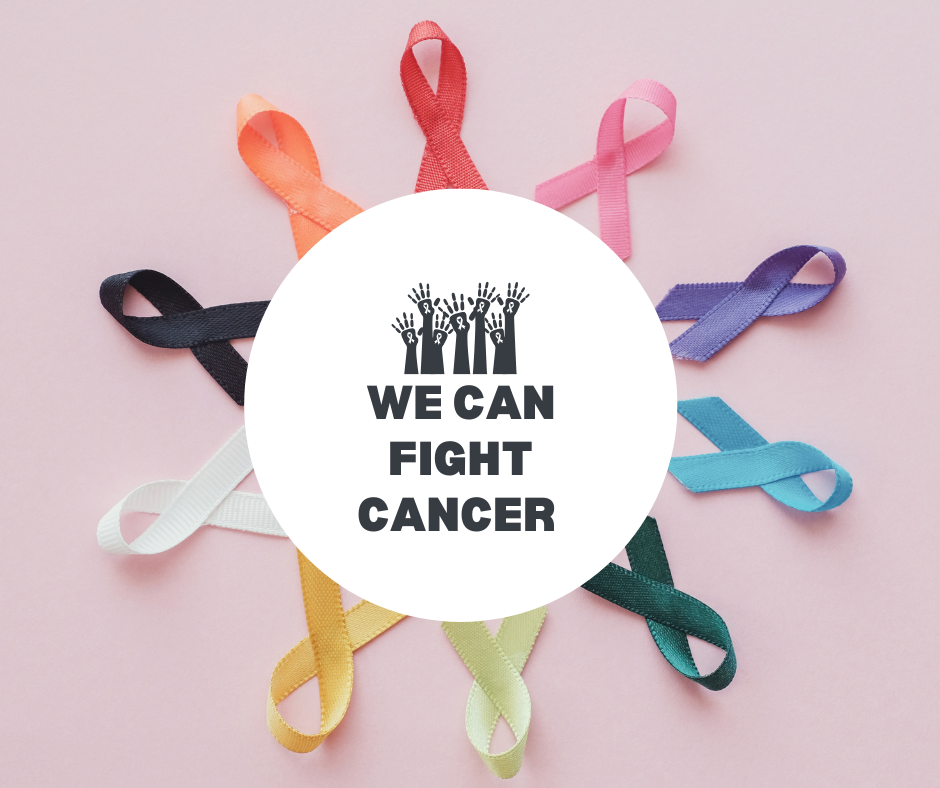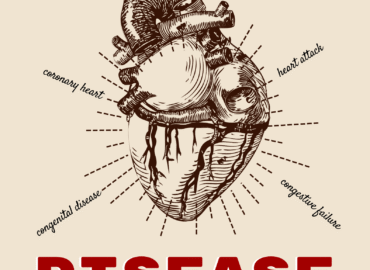- You have no items in your shopping cart
- Continue Shopping

Cancer is one of the most well-known but often misunderstood diseases in the world. At its core, cancer occurs when normal cells in the body begin to grow uncontrollably and form tumors, which can invade nearby tissues or spread to other parts of the body through a process called metastasis. There are more than 100 types of cancer, with some of the most common being breast, lung, prostate, colorectal, and skin cancer.

One of the most important facts about cancer is that it can affect anyone, regardless of age, gender, or background. However, certain risk factors can increase the likelihood of developing it. These include genetics (family history of cancer), lifestyle choices such as smoking, excessive alcohol consumption, and poor diet, as well as environmental exposures like radiation and harmful chemicals. According to the World Health Organization (WHO), cancer is responsible for nearly 10 million deaths annually, making it one of the leading global health concerns.
Prevention and early detection are key in the fight against cancer. Many types of cancer can be prevented by adopting a healthy lifestyle—avoiding tobacco products, maintaining a balanced diet rich in fruits and vegetables, exercising regularly, and protecting your skin from excessive sun exposure. Screening tests like mammograms, colonoscopies, Pap smears, and low-dose CT scans help detect cancer early when treatment is most effective.
Treatment options for cancer have advanced significantly over the years. Depending on the type and stage of cancer, patients may undergo surgery, chemotherapy, radiation therapy, targeted drug therapy, or immunotherapy. These treatments are often used in combination to increase the chances of success. Advances in medical research have led to improved survival rates, and today, millions of cancer survivors are living long, healthy lives.
Another important fact is that cancer is not always a death sentence. Awareness campaigns and education have helped break the stigma surrounding the disease, encouraging people to seek medical help as soon as they notice symptoms such as unexplained weight loss, persistent pain, lumps, abnormal bleeding, or prolonged fatigue.
Finally, ongoing research continues to give hope. Scientists are working on precision medicine, which tailors treatment to a patient’s genetic makeup, and developing innovative therapies that train the immune system to attack cancer cells more effectively.
In summary, cancer remains a serious health challenge, but knowledge, prevention, and medical advances are changing the narrative. By staying informed, adopting a healthy lifestyle, and supporting research, individuals and communities can play a crucial role in reducing the global impact of cancer.

